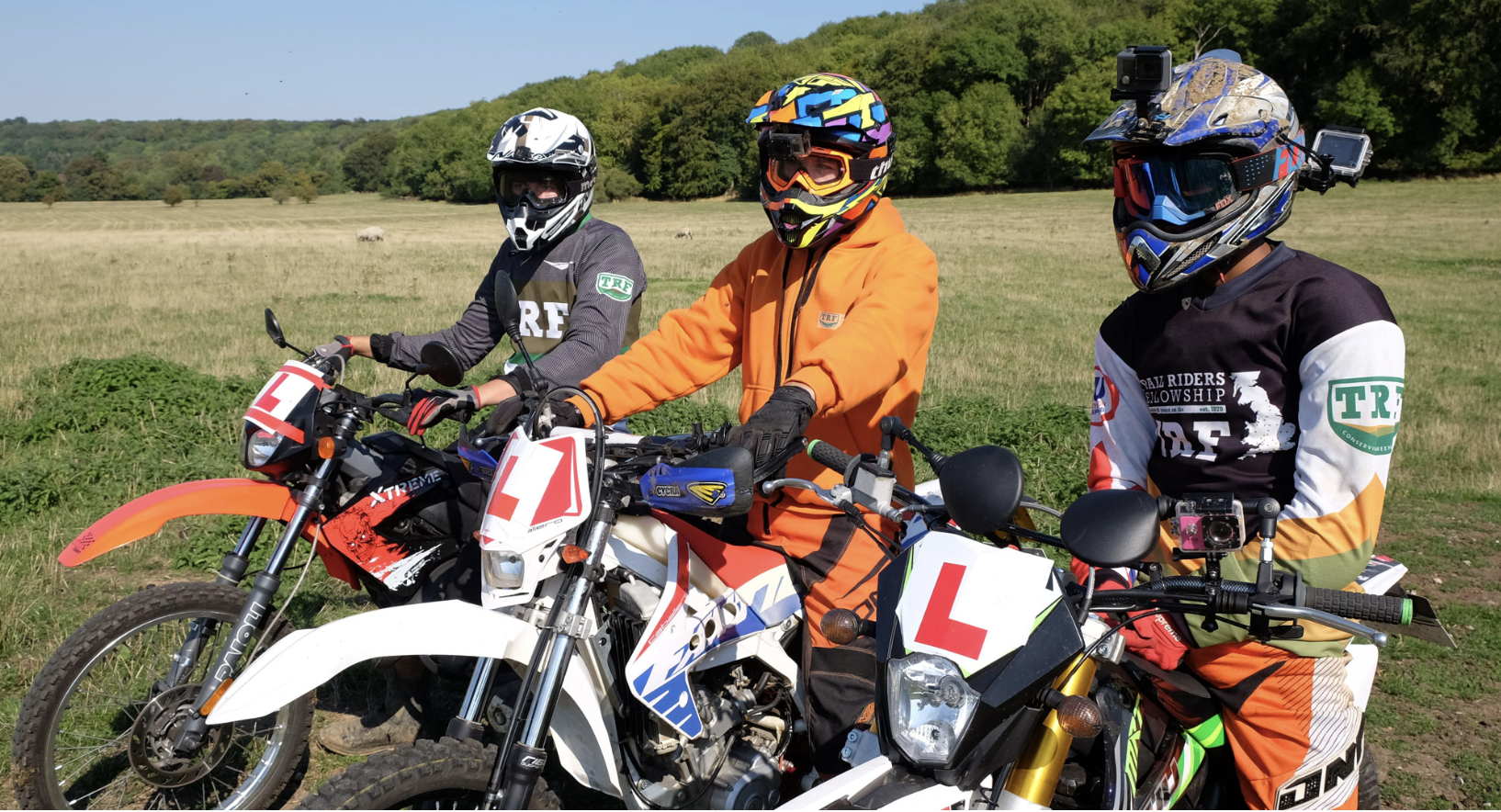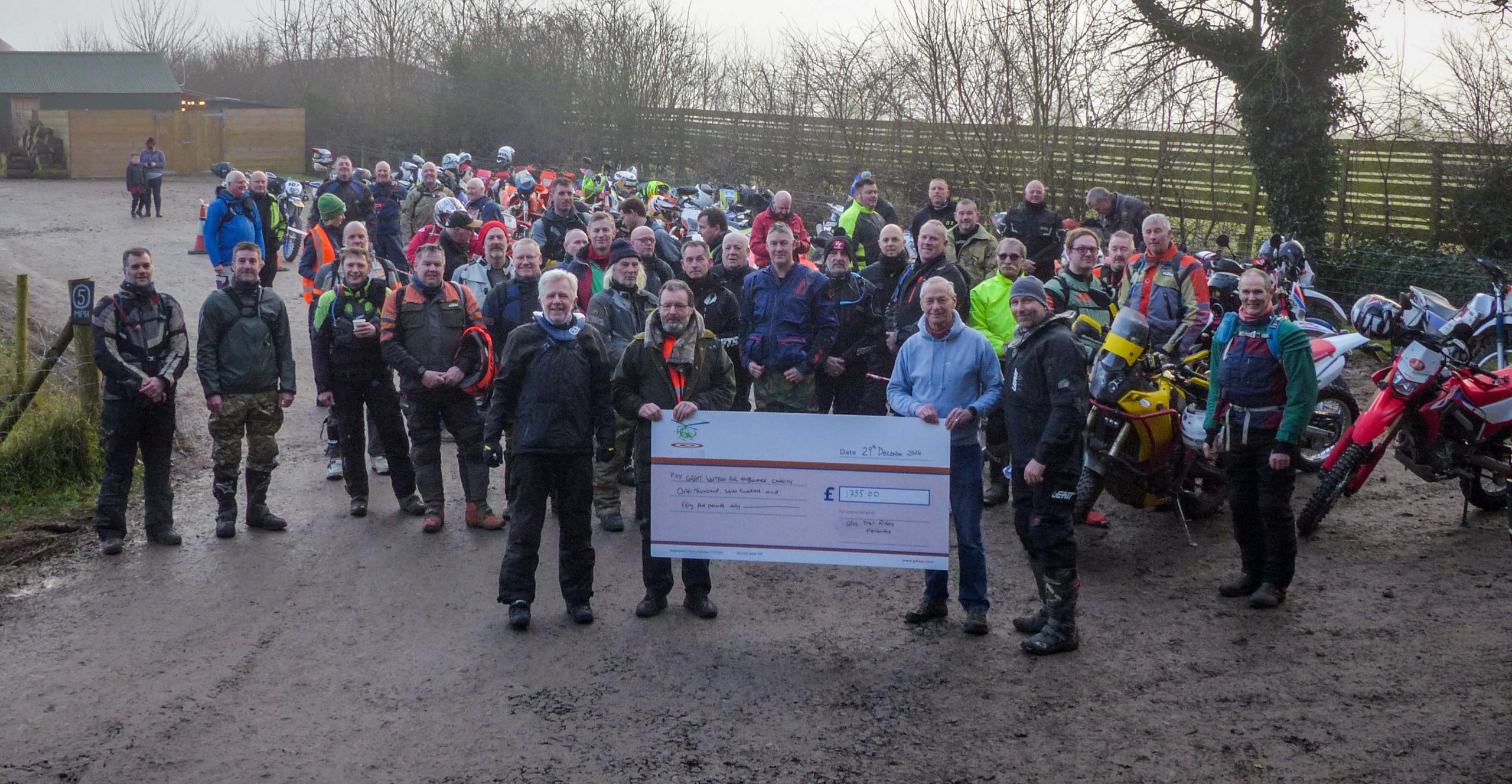Green Road Conservation 2023
TRF Technical Director John Vannuffel reflects on conservation today: cases won and lost, political lobbying, how international law protects, and how the TRF’s work achieves social impact.
The TRF is five full months into 2023 and five green roads have been saved from unjust TRO/PSPO.Our litigation for the Fowberry case has produced a ruling that has significant potential for future strategic impact, even though we lost the case and green road for the time-being. Our previous litigation continues to have strategic impact. Successfully challenging the five unjust TRO/PSPO was easier this year than it would have been five years ago because TRF’s litigation has gradually changed the law and the way it is applied. That favourable change has been achieved with both cases won and cases lost.
This is litigation for strategic impact at work. By strategic impact the TRF’s litigation work either changes the law, or the application of the law, to change the system. The TRF’s achievement has been to ensure that green roads have been better conserved than black roads.
The TRF is continually engaged with government at both local and national level. Current engagement includes ongoing processes of developing policy and legislation – particularly in respect of traffic legislation, road network management, countryside access, motorcycle construction and rider regulation. Those matters continue to be heavily influenced by international law, and the TRF maintains membership of the Federation of European Motorcyclists’ Associations, which is present at the heart of international law-making.
The TRF’s litigation is a last resort component of TRF lobbying work. But it is an essential component. Absent of litigation the TRF’s political work would be ineffective – for even where legislation and policy are clear and favourable to TRF interests, the application of the law can be unjust.
A fair system requires both fair laws and fair application of those laws. The strategic impact of TRF litigation has been to shape the law and to ensure the law is applied fairly.
The volume of case law on traffic regulation is increasing as traffic is ever more restricted. The fundamental reason is plain: people are not willing to relinquish their freedom of movement.
The greatest area of land in England and Wales that is subject to a public right of freedom of movement is the road network. That freedom of movement is being ever more eroded. Supposed new active travel facilities are often no more than previously available active travel facilities within existing road-space, where public freedom of movement is diminished overall to benefit one class of traffic at the expense of another. Truly new active travel facilities would mean new public road-space being created. Such increase in the freedom of movement would require bringing private land into public ownership, where the system is fixed to do the opposite. The nature of British roads in the early 20th century was a factor in Britain preferring motorcycle transport and becoming the largest exporter of motorcycles. The achievement was driven by circumstance. The uniqueness of green roads in England and Wales, and the laws that affect trail riding, lend themselves to innovation.
Perhaps we now have the most innovative traffic regulation on green roads. The circumstances are also ripe for the innovation and development of new motorcycle technology and solutions for trail riding, and there is every potential for the UK to be a leader in that field. The TRF is part of that circumstance, and we work towards realising the potential.
After some 50 plus years actively protecting and maintaining green roads it’s no surprise that the TRF is as much part of the fabric of the network and it’s
governance as the roads themselves. It is because we’ve had so many fantastic volunteer conservationists that we have got this far. The work of countless TRF members – who have for decades kept watch over their patch. Men and women who have sat in so many local access forums, challenged injustice, and encouraged members to put boots on the ground, pruning shears into the undergrowth and pickaxes into the gravel to maintain our presence, to conserve green roads.
For each of us there are wins and losses. While in some respects it’s a battle to maintain the public’s rights to access, in other ways this is just life: it’s the mechanism by which we share, by which we find equitable solutions, by which we protect the countryside and get to enjoy it into the future. And in case you were wondering, then yes, the countryside needs you – our next generation of conservationists!




